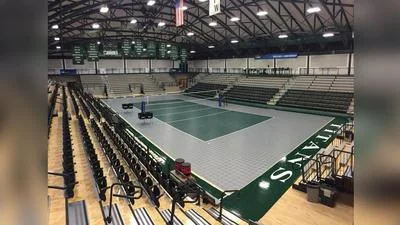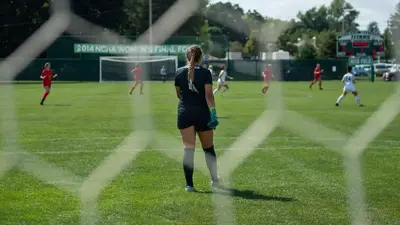Chris Balkema, Illinois State Senator for 53rd District | https://www.facebook.com/profile.php?id=61552233214625
Chris Balkema, Illinois State Senator for 53rd District | https://www.facebook.com/profile.php?id=61552233214625
According to the Illinois General Assembly site, the legislature summarized the bill's official text as follows: "Amends the Counties Code. In provisions about commercial wind energy facilities and commercial solar energy facilities, removes changes made by Public Act 102-1123. Provides that any provision of a county zoning ordinance pertaining to wind farms, commercial wind energy facilities, or commercial solar energy facilities that was in effect before January 27, 2023 may continue in effect notwithstanding any changes made in Public Act 102-1123 and, if applicable, any provision of a county zoning ordinance pertaining to wind farms that was in effect before August 16, 2007 may continue in effect notwithstanding the changes made in Public Act 95-203."
The following is our breakdown, based on the actual bill text, and may include interpretation to clarify its provisions.
In essence, this bill amends the Illinois Counties Code to allow county zoning ordinances related to wind and solar energy facilities, which were in effect before January 27, 2023, to remain valid despite changes made by Public Act 102-1123. It reinstates prior provisions, including those from before August 16, 2007, concerning wind farms. The bill also specifies that counties can establish standards for wind farms and electric-generating devices, including their height and quantity within a geographic area, but only within unincorporated areas and outside the 1.5-mile radius of municipal zoning jurisdictions. Counties can regulate the siting of such facilities, hold public hearings before making siting decisions, and require agricultural impact mitigation agreements with the Department of Agriculture. Additionally, the bill states counties cannot mandate a setback greater than 1.1 times the height of a renewable energy system used exclusively by an end user from their property line.
Balkema graduated from Taylor University in 1993 with a BS.
Chris Balkema is currently serving in the Illinois State Senate, representing the state's 53rd Senate District. He replaced previous state senator Thomas M. Bennett in 2025.
Bills in Illinois follow a multi-step legislative process, beginning with introduction in either the House or Senate, followed by committee review, floor debates, and votes in both chambers before reaching the governor for approval or veto. The General Assembly operates on a biennial schedule, and while typically thousands of bills are introduced each session, only a fraction successfully pass through the process to become law.
You can read more about bills and other measures here.
| Bill Number | Date Introduced | Short Description |
|---|---|---|
| SB1276 | 01/28/2025 | Amends the Counties Code. In provisions about commercial wind energy facilities and commercial solar energy facilities, removes changes made by Public Act 102-1123. Provides that any provision of a county zoning ordinance pertaining to wind farms, commercial wind energy facilities, or commercial solar energy facilities that was in effect before January 27, 2023 may continue in effect notwithstanding any changes made in Public Act 102-1123 and, if applicable, any provision of a county zoning ordinance pertaining to wind farms that was in effect before August 16, 2007 may continue in effect notwithstanding the changes made in Public Act 95-203. |
| SB1347 | 01/28/2025 | Creates the Citizens Empowerment Act. Provides that electors may petition for a referendum at the next general election to dissolve a unit of local government. Sets forth the requirements for the petition, together with the form and requirements for the ballot referendum. Provides for the transfer of all real and personal property and any other assets, together with all personnel, contractual obligations, and liabilities of the dissolving unit of local government to the receiving unit of local government. Amends the Election Code to make conforming changes. Effective immediately. |





 Alerts Sign-up
Alerts Sign-up